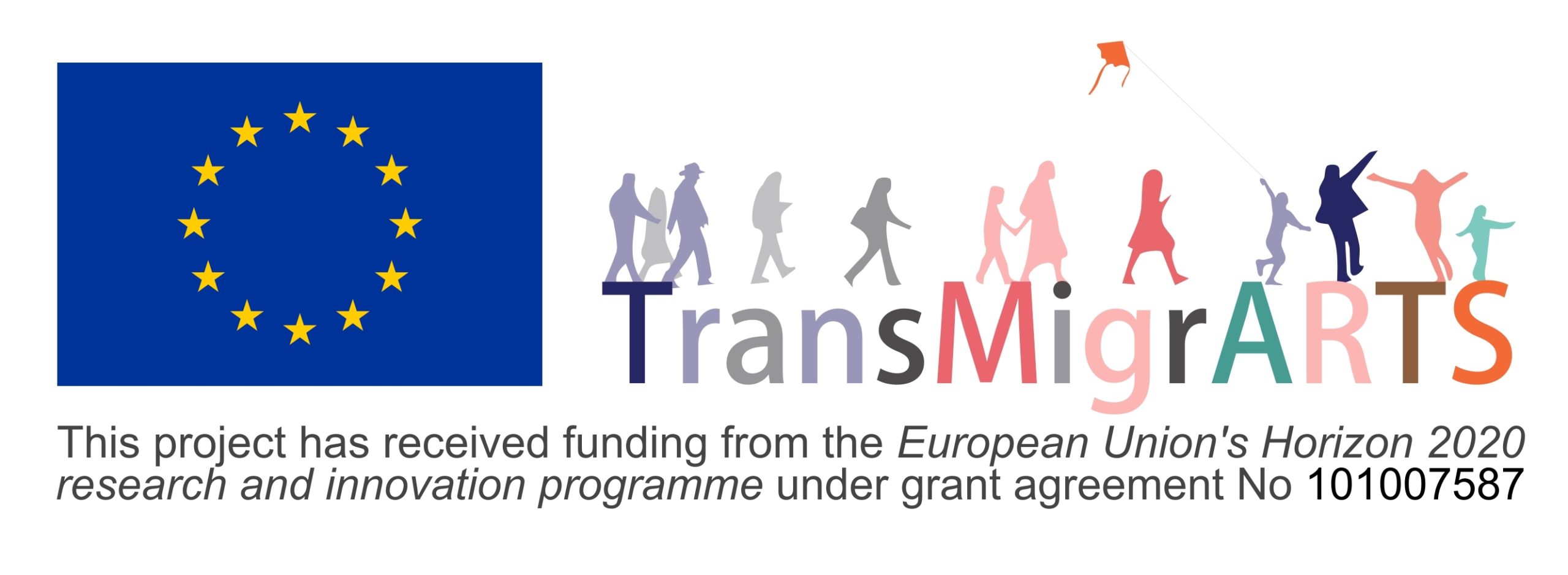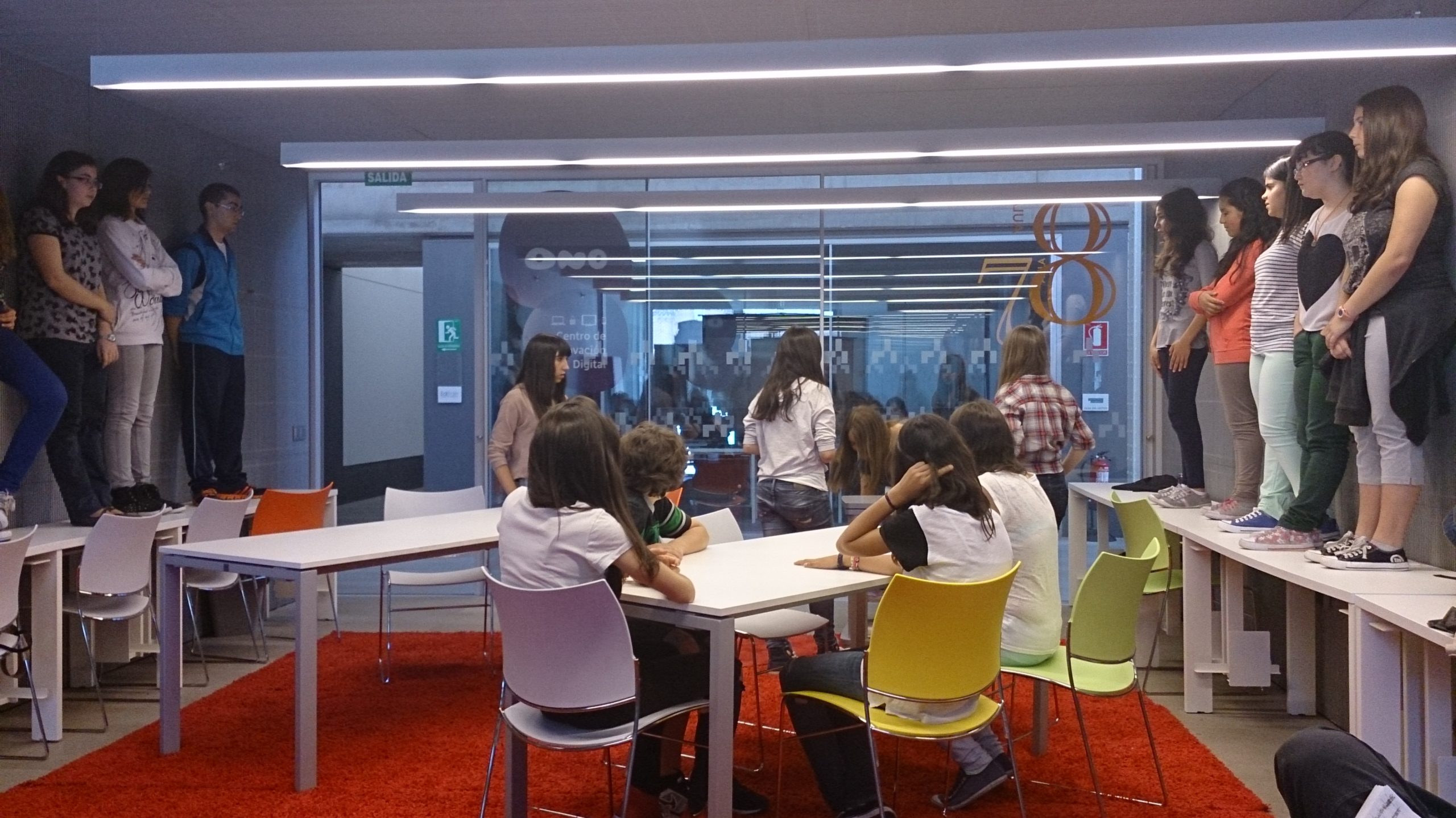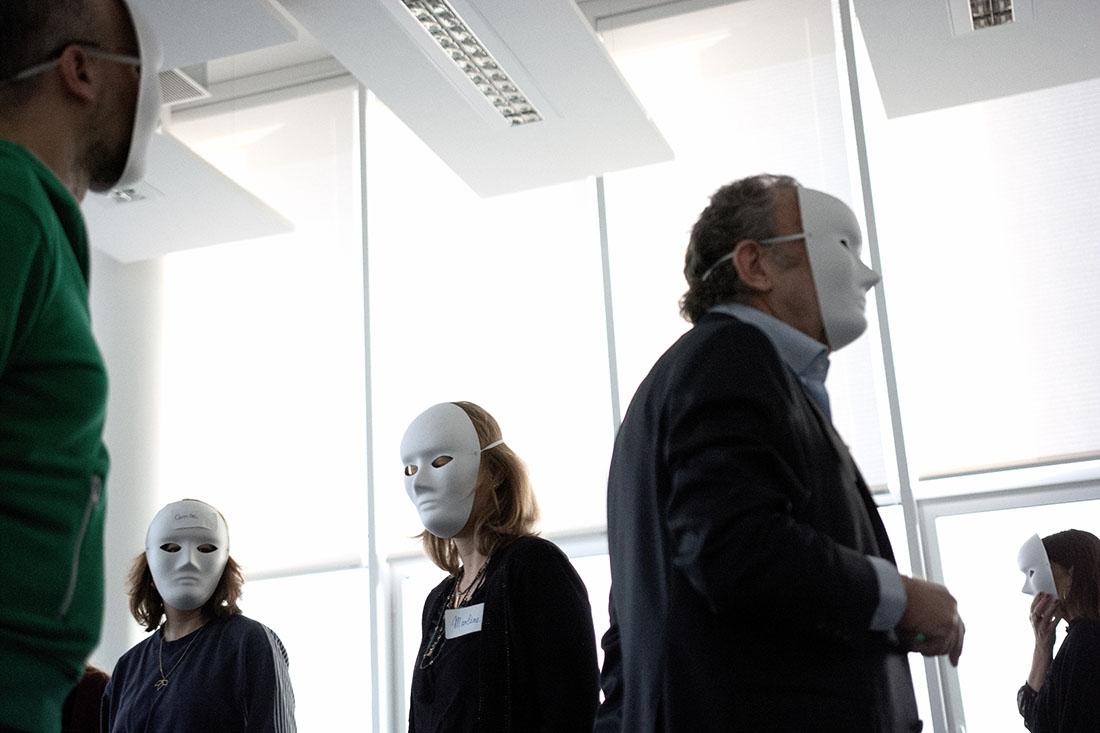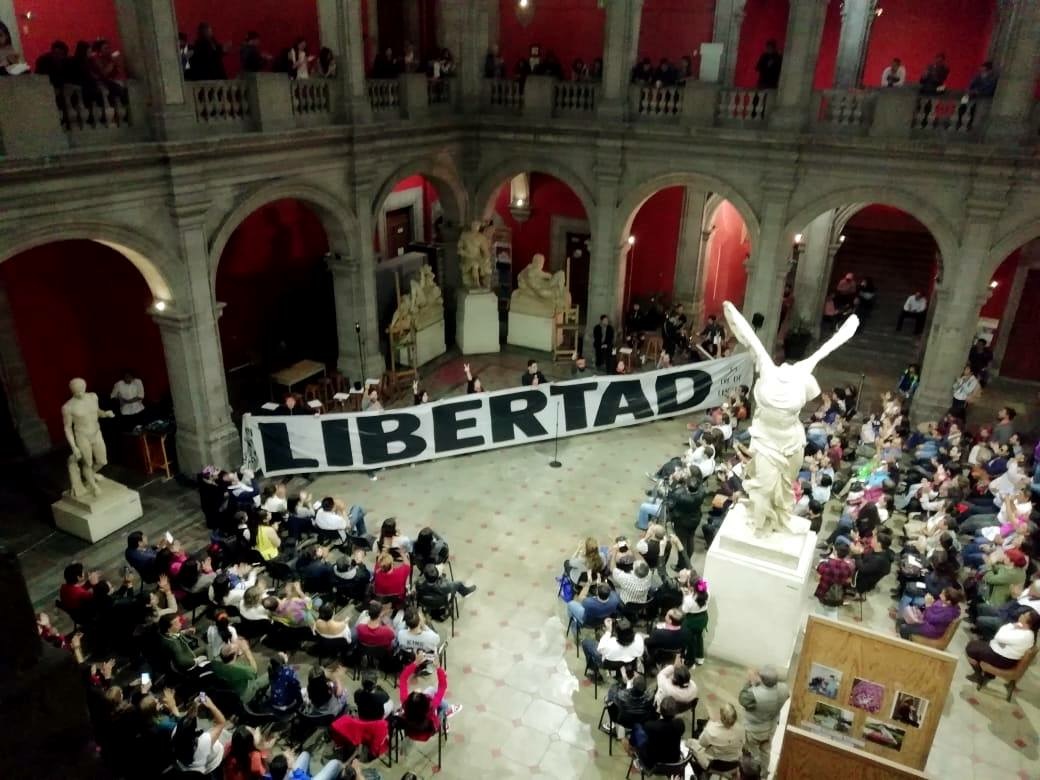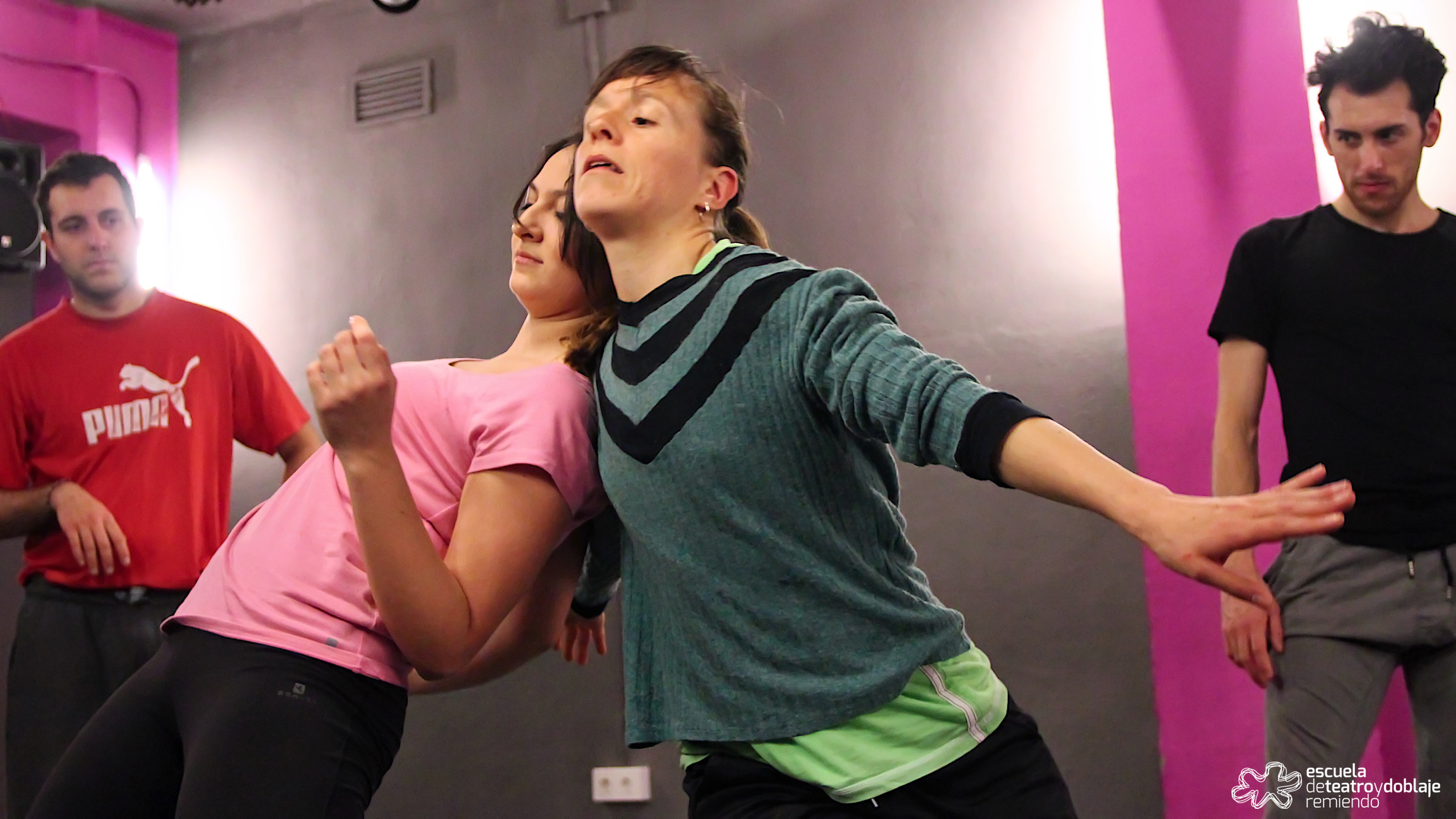PROJECT RELEVANCE
The hypothesis of our research program is that the performing arts, through research-creation tools, can contribute to transform and improve the modes of existence that have been ascribed to migrants in vulnerable situations.
There are currently many ways to offer support to migrants through the arts. However, most of these methods are specifically linked to the fields of medicine, psychiatry or psychology. For many years, studies have focused on examining the effects of art on health and disease prevention, but little research has considered the artistic devices themselves.
Our consortium works from the idea of transformative artistic workshops that focus on the process: one of the strengths of this research-creation network is to evaluate the impact of artistic workshops based on the techniques and qualities they propose. We consider, for example, which artistic mechanisms foster self-esteem, expression, confidence, social connection, a sense of belonging….
We propose to fill a gap in the field of research and the state of the art, not only by validating the transformation of the participants, but above all by examining the dynamics of change of the artistic mechanisms themselves. The workshops will give participating social groups the opportunity to explore the creative process as a way of symbolizing, mediating, expressing and overcoming experiences.
Migrants are in a “between times”, “between spaces”, “between communities”, and their ability to rebuild themselves, to recover, can be supported and guided by artistic techniques.
RESEARCH-CREATION METHODOLOGY:
THINK BY PRACTICING
“””
THE PERFORMING ARTS PROPOSE A SHARED, PRESENT SPACE-TIME. IN THEIR PRACTICES, THE SENSORY AND BODILY COMPONENT MAY BE SUFFICIENT TO ESTABLISH COMMUNICATION.
THE PERFORMING ARTS ALLOW THE KNOWLEDGE AND THE APPROACH TO NEW RELATIONSHIPS AND WAYS OF EXISTENCE.
PROJECT OBJECTIVES AND IMPACT
Transforming the damage
caused in the relational and emotional lives of migrant populations at the social, family and work levels -among others- through shared artistic experiences.
Demonstrate the capacity of the arts to innovate socially.
complementary to other approaches. The arts can equip academics, researchers, social workers, public affairs decision-makers, etc. with extensive knowledge and skills….
Stimulate the creation of an international community
The TransMigrARTS network is a network for applied research-creation through the dissemination and use of research results in a variety of socio-economic and cultural sectors; in addition to expanding the relationships and professional capacities of researchers, artists and other members of the cultural community that are part of the TransMigrARTS network.
Observing, evaluating, modeling and implementing
transformative art workshops. These are the specific scientific objectives of the project.
Our action will then begin with the development of an observation and evaluation tool for artistic workshops to refine and demonstrate their effectiveness. The observation of the practices carried out by our partners with migrants will allow us to model prototype workshops, before implementing them with associations, institutions, cultural centers… Another important aspect will be the dissemination of the results beyond the scientific community.
Work package 1
- DEVELOPMENT OF AN OBSERVATION AND EVALUATION TOOL FOR TRANSFORMATIVE ARTS WORKSHOPS
- Lead partner: AARHUS UNIVERSITET (Denmark)
- Key activities: interdisciplinary workshops at REMIENDO TEATRO’s headquarters (Granada) to create the observation and evaluation tool.
Work package 2
- VALIDATION OF THE OBSERVATION AND EVALUATION TOOL FOR ARTISTIC WORKSHOPS CREATED BY PT 1
- Lead partner: UNIVERSITY OF GRANADA
- Key activities: the tool will be applied in 10 workshops in France, Spain and Colombia with different migrant populations and different performing arts disciplines (theater, dance, music, clown and performance).
Work package 3
- MODELING OF THE TRANSFORMATIVE ARTISTIC WORKSHOPS TYPE
- Lead Partner: REMIENDO TEATRO (Granada) and UNIVERSITÉ TOULOUSE II-JEAN JAURÈS (France)
- Key activities: organization of the comparative study of the scientific results of the research reports, published articles, documented material from WP2 in order to identify the criteria with the greatest impact on the transformative process of the workshops, which will eventually make up the project’s model workshops.
Work package 4
- IMPLEMENTATION OF TRANSFORMATIVE ARTISTIC WORKSHOPS TYPE
- Lead partner: UNIVERSITÉ TOULOUSE II-JEAN JAURÈS (France)
- Key activities: twelve implementations of the model workshops modeled in WP 4 involving target populations: asylum seekers and refugees for political, ethnic, religious or gender-based reasons, foreign minors, victims of forced displacement, etc. These implementations will be organized in conjunction with various associations outside the consortium, NGOs, institutions, socio-cultural centers, etc. working in support of migrants in vulnerable situations.
Work package 5
- DISSEMINATION AND COMMUNICATION
- Lead Partner: PROYECTO ÑAQUE
- Key activities: making the results of the project accessible to all consortium partners; to scientific stakeholders, artists, communities, associations and institutions; and beyond to the general public through this own website, PR, academic/scientific publications, exhibitions and displays of the artistic work….
Work package 6
- PROJECT GOVERNANCE AND MANAGEMENT
- Lead partner: UNIVERSITÉ TOULOUSE II-JEAN JAURÈS (France)
- Key activities: organize project coordination, governance and management of TransMigrARTS, as well as quality control of its implementation to achieve the objectives set.
Work package 7
- ETHICS AND GENERAL DATA PROTECTION REGULATION
- Lead partner: UNIVERSITÉ TOULOUSE II-JEAN JAURÈS (France)
- Key activities: ensure that the project and its participants adhere to the ethical standards set and that the GDPR is respected.
The TransMigrARTS project has an internal structure divided into seven work packages (WP) in order to ensure the utmost thoroughness in each phase of the action plan.
Each WP is led by at least one TransMigrArts network partner who is an expert in the focus area of the package, but includes, of course, activities that involve the rest of the partners and encourage the multidisciplinary dialogue that is so key to achieving the objectives set.
FAQ
What do you mean by "multidisciplinary dialogue"?
We refer to the dialogue that we are going to mark between the arts and the rest of the areas belonging to science: during WP 1, 2 and 3, most of them will be psychologists, geographers, specialists in the science of education and peace studies, anthropologists, philosophers, sociologists and geographers. Psychopathology and health psychology will also be fundamental, mainly for the notions of well-being, resilience and repair.
Are you going to take gender issues into account when developing the workshops?
Of course, gender issues in the project are taken into consideration at two basic levels: the TransMigrARTS network itself and the target audience of the workshops.
- We have ensured parity, or failing that diversity, in the consortium: women are widely represented in the scientific disciplines of Arts and Letters, as well as in the Cultural environment where they lead organizations and occupy positions of high responsibility. The institutions or socio-cultural organizations working to support migrants, involved in PT 4, are actively committed to gender equality, with women strongly represented.
- In light of the consortium’s gender studies competencies, lateral thinking will be applied in all WPs to provide indicators of both participation and impact on women and men. In 2019 in Europe and Colombia, women accounted for 51% of all migrants (UN). Displaced persons are mainly women and children, due to the situation of armed conflict (CNMH – UARIV, 2015). The research and innovation actions developed will thus involve as many, if not more, women than men. Several of the PT 2 and PT 4 workshops in Colombia, Spain and France will target groups of migrant women. Naturally, the workshops will include the gender dimension and will therefore be influenced by the gender dimension. by the ratio of men to women.
Do you admit external participation in the project?
An important part of PT 5 will be the development of the International Summer School in July 2024 at the TAI University Arts Center in Madrid, in order to effectively transmit the results of our research to an audience of researchers, researcher-artists, artists and other interested professionals. Most of the partners will be represented and will propose training modules and workshops based on the results of the project. The school will be open for enrollment.
All external participation options throughout the course of the project (the Summer School and, before that, the attendance to other workshops, exhibitions, colloquiums…) will be properly announced through this website, our PR, our newsletter or other means of communication.
Is the development of the project ethically supported?
Yes. Each phase of the project is supported by an ethical committee, an ethical agreement and a rigorous personal data protection plan. In addition, to protect the full transparency of the project, the European Union will have access to the project data and results at all times.
Contact us
Fill out this form to contact us or click here to go to the directory.
